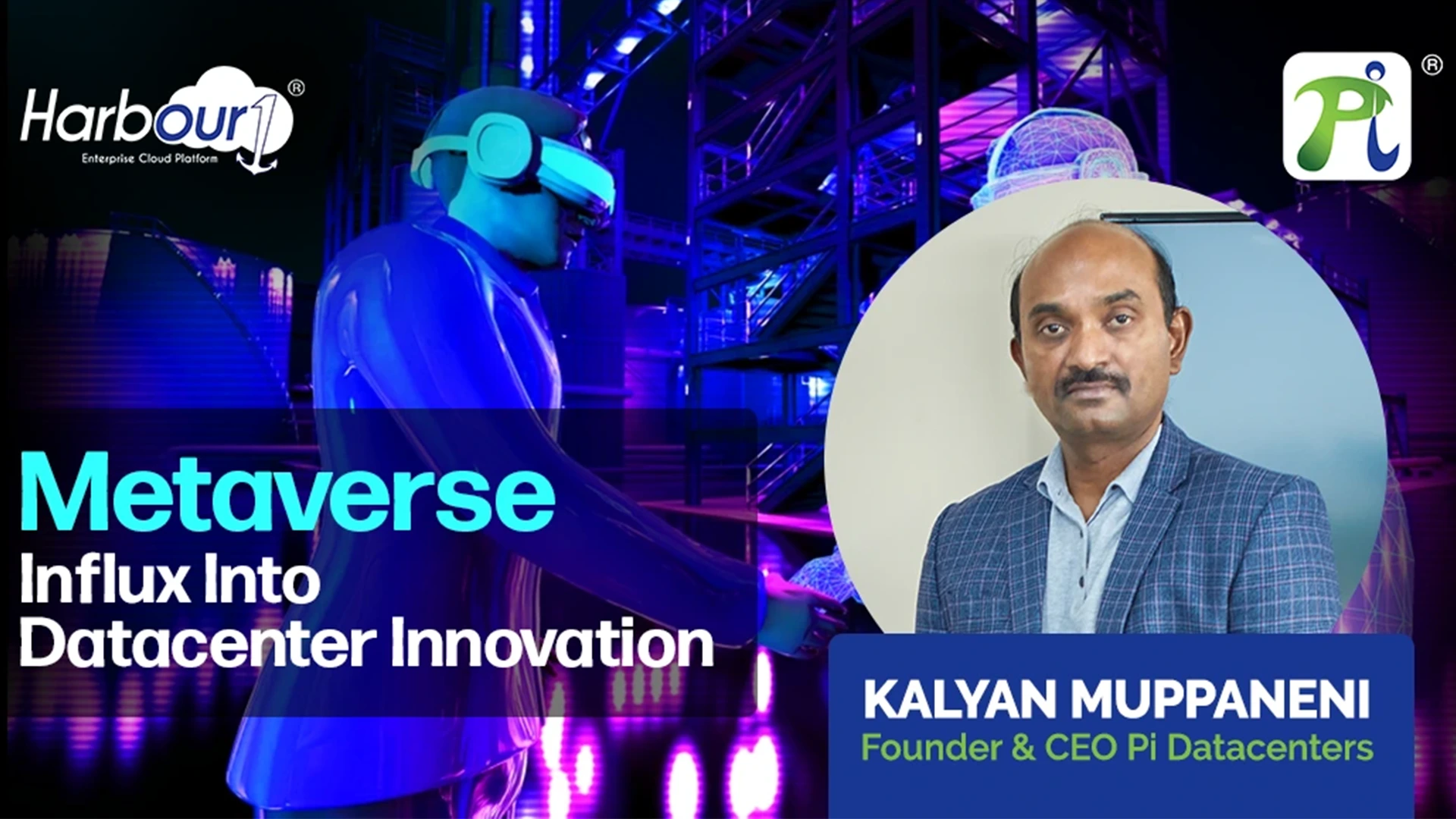We Will Get Back To You As Soon As Possible


First, let’s get a common misconception out of the way. There isn’t just one ‘Metaverse’. Let me elaborate. Metaverse’ as a term was coined by author Neal Stephenson in his science-fiction novel ‘Snow Crash’, back in 1992. Since then it has widely been used to denote “the concept of a 3D virtual space online, which connects users in all aspects of life”. This definition sounds very similar to the internet, right? Similar to how the first iterations of the internet started out as different projects (or internets) by different developers (ARPANET, Dial up, etc.), a variety of Metaverses are also under development by tech giants looking for the next revolution in digital communications.
Meta isn’t the only player in the market for a Metaverse, despite making a big statement by changing their name. Microsoft, Apple and Google are working on their own iterations of this ambitious undertaking.
A Metaverse connects multiple platforms just like the internet, albeit in a 3D virtual environment that users can interact with. Driven by augmented & virtual reality, each user will be able to create, customize and control an avatar in this virtual world. This way of representing one’s identity on a platform is not new at all (remember Yahoo! Avatars?). An avatar would represent your presence in a Metaverse, be it marketplaces, games, social applications or any other zones.
For a Metaverse to take form, an active community of content creators and world-builders has to be involved. With ownership & piracy concerns eliminated by blockchain technology, these world-builders, artists and creators would be incentivized to seek out & participate in Metaverse communities. They can certainly depend on their work being rewarded, with cryptocurrencies gaining popularity. Thus we can be sure that blockchain & cryptocurrencies are an inevitable, integral part of creating Metaverses. They help communities work to form united and cohesive projects while being inclusive of every creator regardless of background.
You can definitely experience the surreal visual aspects of the Metaverse, by just picking up a virtual reality game and playing it. But the key aspects of what make the Metaverse a ‘real’ force of change in how we interact with economies, governance and each other.
Money or bartered goods in a Metaverse needs a secure way of proving ownership. The safety of these virtual goods is a big concern to users & creators alike. A great example of this is the NFT-funded cartoon show ‘The Gimmicks’. The show is released as NFTs, while the buyers are given influence over the storyline of the show. A real effect of ownership shines through this concept.
The above example showcases the importance of cryptocurrency and blockchain on the creation and survival of content in the Metaverse. With a larger adoption of this economic model, blockchain technology will need to be shifted from consumer mining approaches towards data centers. Data centers are the only viable option to meet the requirements of a global blockchain and cryptocurrency-based economical network.
Metaverses bring a paradigm shift for networking technology. This means that Datacenters have a lot of potential to unwrap as a consequence of rising demands. Early estimates of the shift to metaverse indicate a gradual yet significant rise in revenues for datacenters, garnering trillions of dollars. The question isn’t whether ‘if’ Datacenters are the option. It is inevitable. The question right now is whether the adoption will be platform-based or will it be an ecosystem of suppliers across sectors of Industry. Not just gaming, but medicine, education & businesses are major benefactors of metaverses. Metaverses can significantly boost colocation leasing. Dense computing, massive storage requirements and varying latencies will all have to be accommodated. As we explore the potential of metaverses, it is getting increasingly clear that today’s Datacenter capabilities are not up to the mark to meet the requirements of metaverses.
With the semiconductor crisis hitting virtual reality gaming and other applications, the question of everyday hardware (personal computers & phones) being able to support these new age ideas is something that should be considered. This is one of the main pitfalls of talking about the Metaverse or any other ambitious Augmented Reality or Virtual Reality projects right now.
On a larger scale, there is a much more interesting question to be answered: Where will we store all the ever-changing, ever-evolving, ever-increasing data of a large, endlessly immersive & realistic virtual reality?
Ensuring content distribution networks and connectivity options are available is a huge infrastructural challenge. Data will need to be served to end users without latency concerns. Virtual and digital capabilities are invariably dependent on physical infrastructure. Adoption of Metaverses will mean the creation of more and more Data Centers. The upscaled processing requirements of immersive virtual worlds would also mean increased focus on networking, latency reduction, power allocation, efficient cooling and most importantly scalability and ability to expand on command.
We could experience the first cohesive & immersive Metaverse soon. We can already predict, envision and work toward its realization with the information & innovation at our disposal. Metaverses are absolutely the most important potential use cases for blockchain and cryptocurrencies. These two technologies would shine as foundational and integral aspects of Metaverses.
The global adoption of Metaverses is a chance to engineer innovation on a mass scale in Data Center technology, to address the big data requirements that these large scale, ambitious ideas come with. While we wait, innovate and ideate solutions to realize these ambitions, we are already seeing metaverse-like projects and finding new ways to integrate blockchains and cryptocurrencies into our daily lives. Soon, Data Centers will be at the forefront of this concept, driving the shift towards better interconnectivity, authority over content and ownership of virtual & real goods. The Metaverse concept is one that cannot be sustained without making the most of Data Center technologies.
Questions? We're here to help.
©2026 Pi DATACENTERS® Pvt. Ltd. All rights reserved
